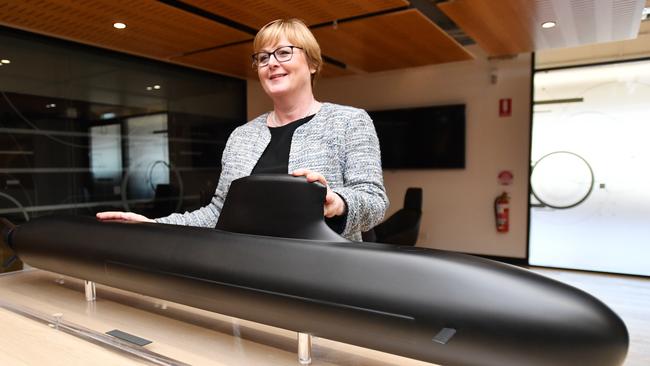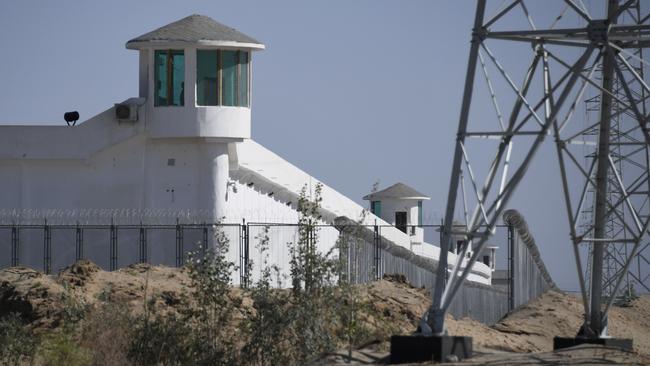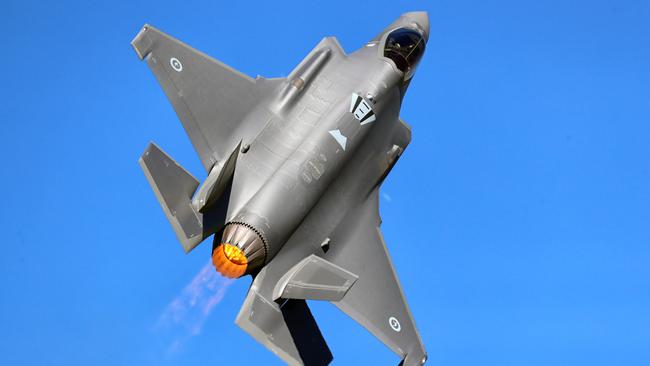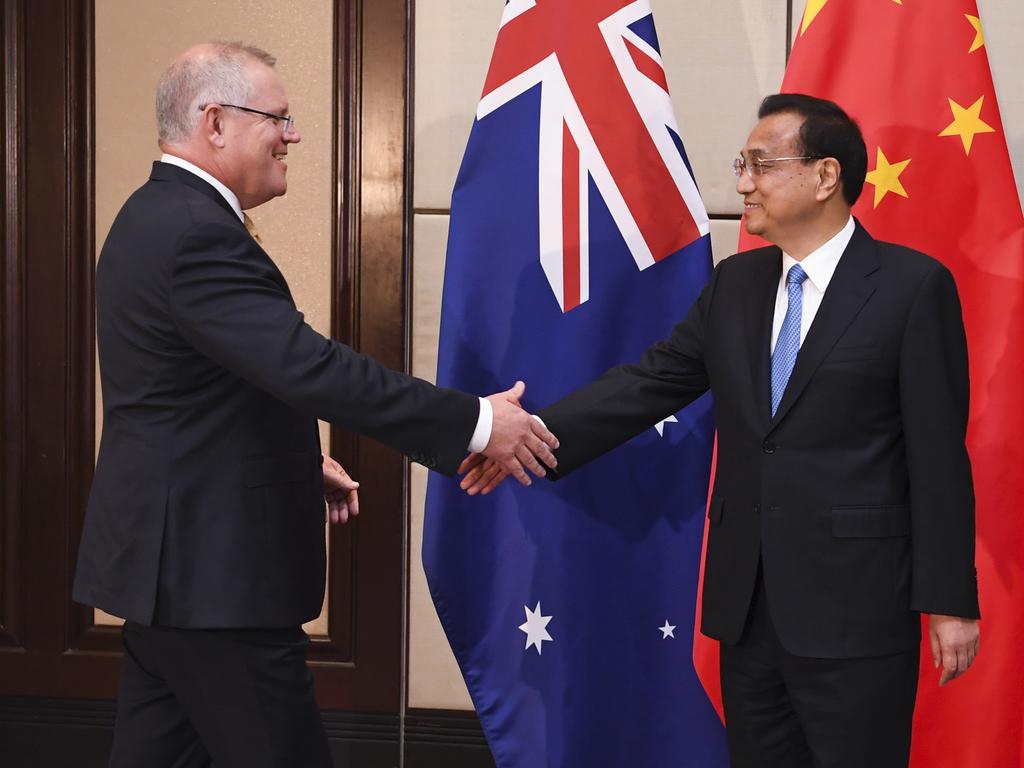
I support the Prime Minister’s horror and his remarks in response. In a situation like this we must stand our ground or we go down a slippery slope.
But today I want to explore the possible hidden agendas and motivations for the China stance. That exploration exposes situations that are a lot more scary than most Australians appreciate.
From President Xi down, there has been little respect for Australia for a long time and many in China believe we are a foolish country that makes mistakes at almost every turn, led by defence.
A trigger for the latest action might have been the fact that the Morrison government has surprised everyone with its skills in mobilising the countries in the region into what might become a bulwark against the mighty power of China. And that comes as Australia and the US will jointly develop hypersonic cruise missiles in a bid to counter the game-changing technology being developed by China (and Russia) which can penetrate current defence systems.
Australia needed to be isolated.
China’s antagonism towards Australia has been mounting for over a decade because we keep strongly criticising what China regards as its internal affairs — the way it treats Muslims in western Xinjiang; its domestic human rights activities and, recently, its attitude to Hong Kong.
According to leaked reports, China planned to reverse the Australian human rights attacks by highlighting our treatment of Aborigines. And then came the Brereton report on human rights abuses in Afghanistan. This presented the opportunity the Chinese were seeking.
If there is to be any future reconciliation with China — and that looks a long way off — it will have to start with a vow that Australia will stop criticising China’s actions in Xinjiang, Hong Kong and probably Taiwan. Then China will respond by not criticising Australia on human rights issues.

Also on the China side would be equally controversial issues like Australia’s anti-foreign interference law targeting China, and the exclusion of Chinese tech giant Huawei from its 5G development. China believes that when Australia wakes up to the mess it has created for itself, in due course, we will have to step back on those issues.
The October budget showed that Australia is heading down the same path as Treasury Wine Estates and the other China-dependent exporters. The only way we can service the enormous debt that we are building up in the Commonwealth and the states is to have a strong trade relationship with China, including education and tourism. In the light of those deficits Beijing now believes it has us over a barrel.
A second development was a hidden aspect of the Brereton report.
China and the rest of the region believe that Australia has been foolish in its defence equipment spending, leaving it very exposed and dependent on America.
The one area we had respect from China and most other countries was the quality of our armed forces. The Brereton report exposes armed forces weakness that compounds the equipment issues.
Accordingly China now simply does not take us seriously in defence and history tells us that when any major nation realises another does not have the right defence equipment or soldiers then arrogance emerges.
What makes the Australian situation so much worse in Chinese eyes is that we keep covering up our mistakes.
For example the submarine contract started at between $20bn and $25bn but the shemozzle over the design and the implementation of the French subs agreement initially doubled the cost and it will go much higher. Yet we deny the disaster. China is now commissioning molten salt-cooled nuclear submarines that do not have the problems of conventional nuclear vessels and our lead acid battery submarines.
The Joint Strike Fighter (F-35) was meant to give us air superiority but the Chinese (and the Russians) have developed aircraft that are simply superior. If Australia could obtain America’s F-22 and combine that with the JSF then we would have regional ranking, but Australia doesn’t have the F-22.

Australia is building nine Hunter frigates that will cost almost three times what the US is spending on what will be better vessels.
If Australia is lucky the first Hunter will be in service in 2031 with the second in 2033 and the third in 2035. By then the US Navy will have at least nine vessels in the water. And the Chinese believe that our frigates will be no match for their molten salt-cooled nuclear submarines
The JSF, submarine and frigate contracts have all exploded in price. Now that we are running a huge deficit with major borrowings we simply can’t afford to waste so much money on major purchases with dubious value in future warfare.
We tried to cover up the Afghanistan abuse but it was discovered and China believes the same thing will happen in due course with the equipment bungles.
In any dispute you need to understand what’s motivating your opponent. I do not claim this is an exhaustive list, but it’s a start and if we ever want relationships with China to improve we will need to face the above facts and a lot more.
Meanwhile, for the moment, we must hold our ground.







When China declared that Australia had been “evil” it suddenly became clear that the dispute between the two nations is more deep-seated than a trade spat involving wine coal, timber etc.